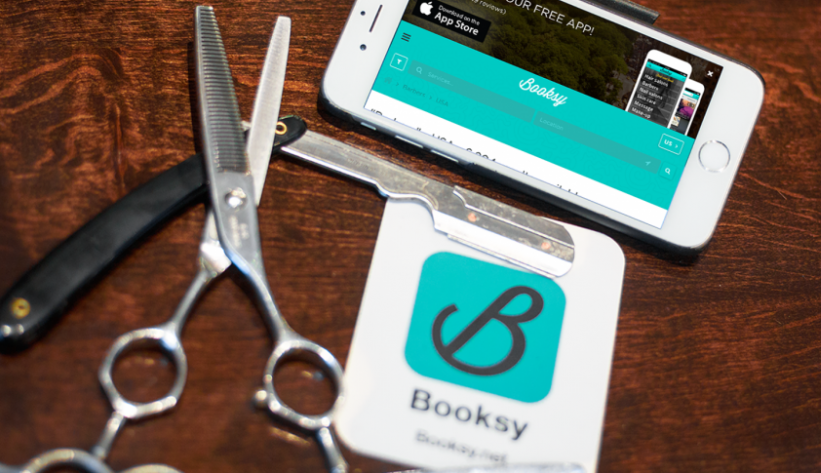Booksy, the software-as-a-service platform for appointment-driven businesses, secured $4.2 million (£3.4 million) in series A funding to expand internationally.
The platform is tailored for businesses that rely on bookings, such as barbers, hairdressers and beauty salons, to help them set up calendars, their availability and accept bookings on mobile. Merchants that manage their business and customer data through the product are encouraged to promote the app to customers as it increases loyalty, booking ease, engagement and even increases frequency of customer visits.
The funding round was led by OpenOcean, with participation from Kai Hansen and other notable European angel investors.
Booksy’s added features include marketing automation, managing customer relationships, inventory management, point-of-sale, reports and the management of commission for employees.
The company is often compared to its main competitor Treatwell, which is a household name in London. According to OpenOcean managing partner, Patrik Backman, many online booking marketplaces like Treatwell focus on driving traffic of users to their site and then charge businesses for providing these bookings–which is not how Booksy’s model works. “Booksy can integrate with all of these, and then charges on a monthly basis according to the size of the business. This transparent monthly charge fits great with the priorities of a growing but small business. Unlike competitors, Booksy gives control back to its merchant with the merchant-first approach. The product is a true example of ‘delicious’ software, its ease of use naturally makes merchants and customers want to use it,” he explained.
Booksy was co-founded by Stefan Batory and Konrad Howard. The two co-founders previously founded and built iTaxi into the number one taxi-hailing app in Poland. Prior to this, Batory listed his first software company Eo Networks on the local stock exchange.
“Many small businesses are bookings-driven. The global beauty services industry alone is worth more than $150 billion with 4 to 6 million outlets. Over 90 percent of appointments are still processed via traditional routes such as emails and phone calls. This often results in no-shows and time wasted exchanging messages to confirm and cancel appointments,” according to Batory.
“There is a clear need for Booksy’s mobile-first approach. This, alongside the business model and the on-boarding process, makes Booksy stand out. We care about making our client’s businesses run better, and as a result, they don’t just find Booksy convenient, they love the product, and eagerly tell their customers about it. We don’t need to spend a penny on user-acquisition, unlike our competitors.”
For OpenOcean’s Backman, Booksy gets to the heart of some of the core challenges for small business with few staff. “Bringing this level of automation allows these businesses to work with freelancers on a more flexible basis that ever before: something that underpins the very nature of the ‘future of work’. Here at OpenOcean we love finding a way to address the needs of the “unsoftwared market” – a market previously unable to access such software products in the past.”
Booksy aims to use this funding to invest in new functionality such as allowing in-app payments, enabling larger merchants to handle personnel through the software, and the development of better dashboards.






